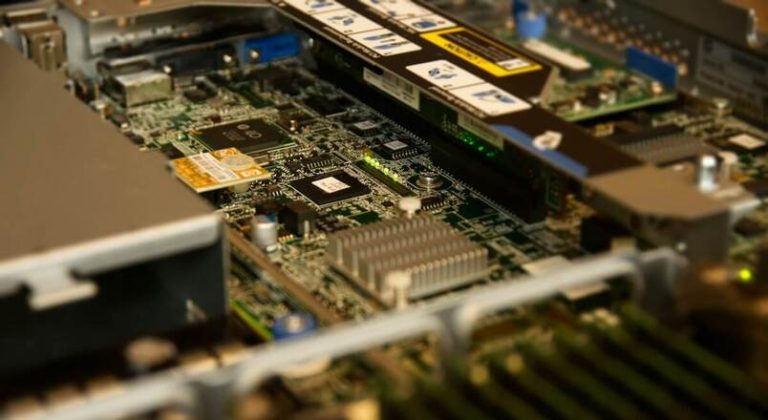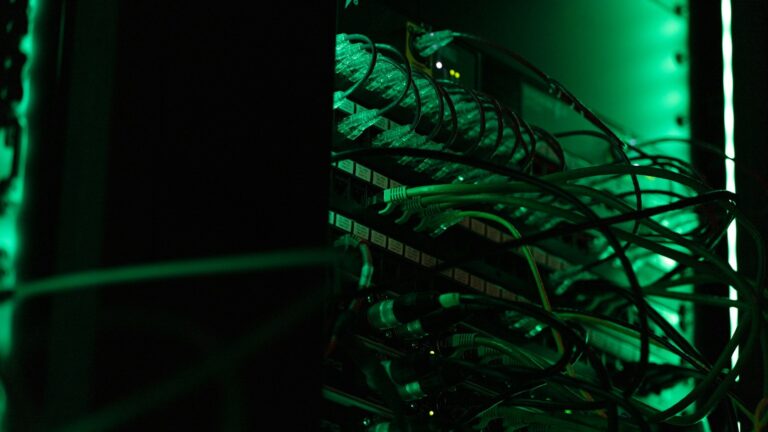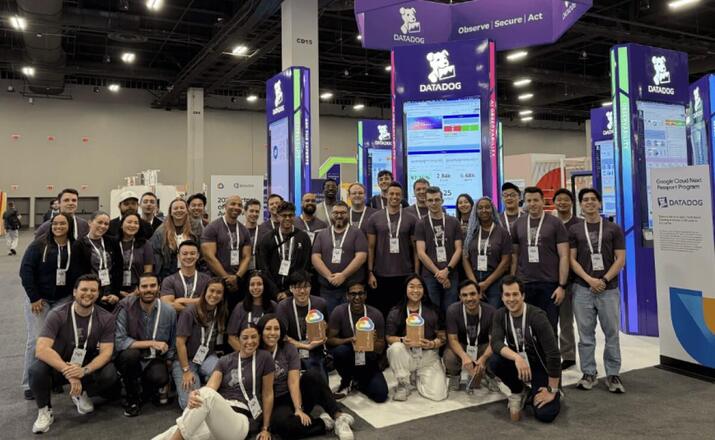
Photo: The new Saudi AI firm HUMAIN is foundational to the kingdom’s national AI strategy and economic transformation under Crown Prince Mohammed bin Salman’s Vision 2030.
Saudi Arabia has launched an ambitious new state-backed artificial intelligence venture, HUMAIN, with the goal of becoming a global AI leader – and it’s doing so in close collaboration with top American technology companies. Backed by the Public Investment Fund (PIF), the kingdom’s $940 billion sovereign wealth fund, HUMAIN is already striking major deals with U.S. firms including NVIDIA, AWS, Qualcomm, AMD and Groq.
HUMAIN is committing billions of dollars toward infrastructure, AI development, and workforce training.
HUMAIN is led by Tareq Amin, former CEO of Aramco Digital and an executive with experience at Rakuten. The company was formally introduced on May 13, just ahead of a high-profile U.S.-Saudi investment forum in Riyadh and during an official visit by former U.S. President Donald Trump. Amin describes the new Saudi AI firm as foundational to the kingdom’s national AI strategy and economic transformation under Crown Prince Mohammed bin Salman’s Vision 2030.
Global Hub for Digital Technology
The launch of HUMAIN comes amid a broader push by Saudi Arabia to diversify its economy beyond oil by becoming a global hub for digital technology, data infrastructure, and artificial intelligence. Saudi Arabia has made clear it is willing to spend big to get there. More than $15 billion in AI-related investments were announced at the kingdom’s LEAP tech conference earlier this year.
HUMAIN’s partnerships with U.S. tech companies are central to its strategy. The company’s most high-profile deal is a deep collaboration with NVIDIA, which will supply HUMAIN with advanced GPUs and computing infrastructure to build a network of hyperscale AI data centers in Saudi Arabia. These ‘AI factories’ will be powered by as many as 500 megawatts of energy, hosting tens of thousands of NVIDIA’s most powerful chips. The first phase will include deployment of an 18,000-unit GB300 Grace Blackwell supercomputer.
Alongside infrastructure, HUMAIN will also use NVIDIA’s Omniverse platform to simulate and operate physical environments for AI-led industrial processes – supporting industries such as manufacturing, logistics, and energy with digital twins and robotics.
HUMAIN announced a landmark $10 billion partnership with AMD, aimed at building what the two companies describe as “the world’s most open, scalable, resilient, and cost-efficient AI infrastructure.” Under the agreement, the partners plan to develop 500 megawatts of AI compute capacity over the next five years. AMD will lead the development and management of the open software ecosystem, while HUMAIN will contribute technical expertise across data center operations, energy infrastructure, and international fiber connectivity to support the expansive deployment.
Amazon Web Services is another major partner. AWS has committed over $5.3 billion to build a dedicated cloud region in Saudi Arabia, scheduled to go live in 2026. In tandem, AWS and HUMAIN will establish an ‘AI Zone’ to provide specialized AI infrastructure, training programs, and tools for local developers. Amazon has described this as an “additional investment” beyond the $5.3 billion, signaling deeper strategic alignment.
Qualcomm is also joining HUMAIN’s growing roster of American partners. The two companies signed a memorandum of understanding to develop next-generation cloud-to-edge hybrid AI infrastructure, which will integrate Qualcomm’s Snapdragon and Dragonwing processors with HUMAIN’s AI cloud. The agreement includes plans for a semiconductor design center in Saudi Arabia, in collaboration with the Ministry of Communications and Information Technology (MCIT). This design center will support local semiconductor innovation and nurture Saudi engineering talent.
Groq, a Silicon Valley chipmaker founded by a former Google engineer, has been selected as HUMAIN’s primary partner for AI inference. Groq’s chip architecture, designed as an alternative to traditional GPU-based systems, is tailored for high-speed inference tasks in AI models. While NVIDIA continues to lead in AI model training, Groq is seen as a complementary player, offering efficient processing for real-time AI deployments.
Data Sovereignty
This web of partnerships underscores HUMAIN’s dual ambition: to lead AI development within the Middle East while becoming a critical player in the global AI supply chain. The company is building out its capabilities across the entire AI value chain – from language model development and chip integration to cloud platforms and edge computing.
A particular area of focus will be the development of Arabic large language models (LLMs), co-created with the Saudi Data & AI Authority (SDAIA). These models aim to enhance digital services for Arabic-speaking populations and contribute to regional AI sovereignty.
The formation of HUMAIN would also reflect a shift in global tech investment. As the U.S. and its allies increasingly scrutinize AI collaboration with China, Middle Eastern investment – particularly from Saudi Arabia – has become an attractive source of capital and infrastructure development for American tech companies.
Despite the scale and ambition of the project, HUMAIN has faced some internal restructuring. Reports suggest that the company has absorbed staff from other Saudi digital initiatives, including Aramco Digital, SDAIA, and Tonomus, a digital arm of the Neom smart city project. While this reflects some consolidation within the kingdom’s tech ecosystem, it also underscores a desire to focus and streamline national AI efforts under one central authority.
Notably, Saudi Arabia has mandated that tech companies operating in the country must store data locally. This requirement has led firms like Oracle and Google to ramp up their regional presence, aligning with Saudi Arabia’s vision of becoming not just a consumer of digital technologies but a sovereign player with control over its AI and data infrastructure.
As of now, HUMAIN has declined to comment directly on its operations or future funding levels. However, its public partnerships with U.S. companies, including AWS, AMD, NVIDIA, Qualcomm, and Groq, reveal an aggressive strategy to combine American technology leadership with Saudi capital and ambition.





